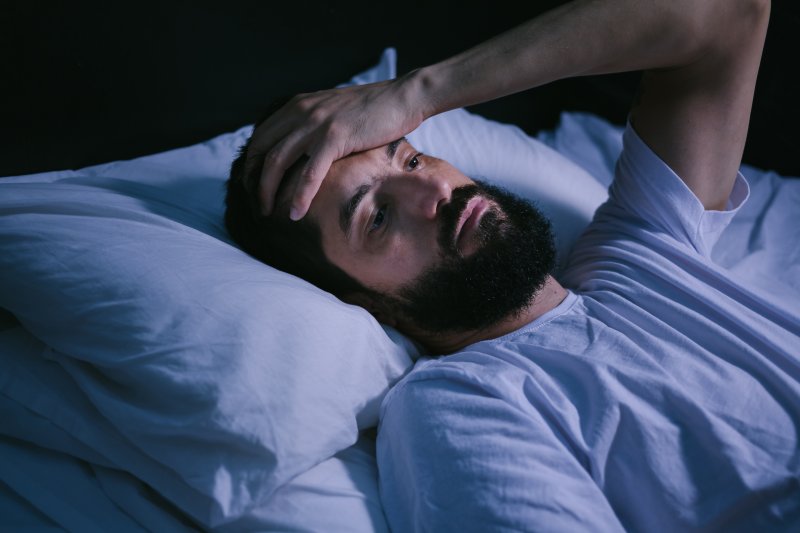
Are you getting a full night’s rest? If you have sleep apnea in Norman, the answer is “probably not.” Sleep apnea is a severe disorder where your breathing keeps getting interrupted, forcing you to wake up so you can get the oxygen you need. You might not even realize this is happening, but your body certainly will. Sleep apnea has been proven to accelerate aging, but luckily there are plenty of options for treatment to prevent this form happening.
What Does Sleep Apnea Have to Do with Age?
There’s two kinds of age: chronological and biological. Chronological age is just the number of years you’ve been alive. Biological age, on the other hand, is a measure of how well your body is functioning compared to how it normally should at your current chronological age. In other words, even if you’re 30 years old, if you’re in poor health, your body could effectively be 50!
A study published by the American Academy of Sleep Medicine found that sleep apnea can accelerate your biological age. This was measured by checking DNA markers in patients with the disorder. According to the findings, women are somewhat more vulnerable to these changes than men.
In addition to these aging issues, sleep apnea can also raise a patient’s blood pressure, putting them at risk for stroke and heart failure. It may also lead to diabetes, depression or worsening of ADHD. And of course, not getting enough quality sleep means you’ll be tired during the day, making it more likely that you’ll get in an accident. To sum it up, if you don’t have your disorder treated, there’s a good chance you won’t live as long as you’d like.
How Do I Know If I Have Sleep Apnea?
Obviously, it’s best to have sleep apnea treated as soon as possible. A partner or a roommate might notice loud snoring or gasping for air during the night, but if you live on your own, the symptoms are a lot harder to notice. Some warning signs you can watch out for include:
- Having a sore or dry throat when you wake up
- Morning headaches
- Occasionally waking up feeling like your choking or gasping for air
- Excessive daytime drowsiness
- Mood changes and forgetfulness
What Should I Do If I Have Sleep Apnea?
If you frequently suffer from any of the above symptoms, you may want to contact your dentist for sleep apnea treatment. In many cases, the solution is an oral appliance such as a snoreguard. This device will keep your airways open so that you can breathe normally during the night – and, as a bonus, won’t disturb others with loud snoring! Getting your sleep apnea under control will help your body age as slowly as possible, letting you enjoy a longer, happier and more active life.
About the Author
Dr. Bobby J. Carmen has earned a Mastership with the Academy of General Dentistry, an achievement that requires a minimum of 1,100 hours of educational courses in various fields. Needless to say, as a result of such training, he’s become skilled in many areas of dentistry, such as using snoreguards to correct sleep apnea. To schedule an appointment at his practice, visit his website or call (405) 364-2200.
